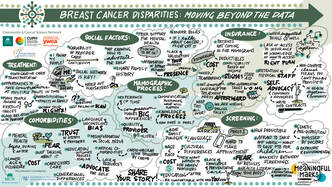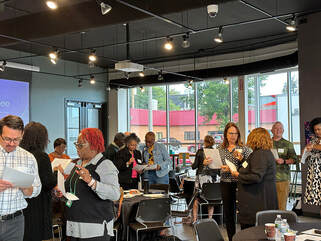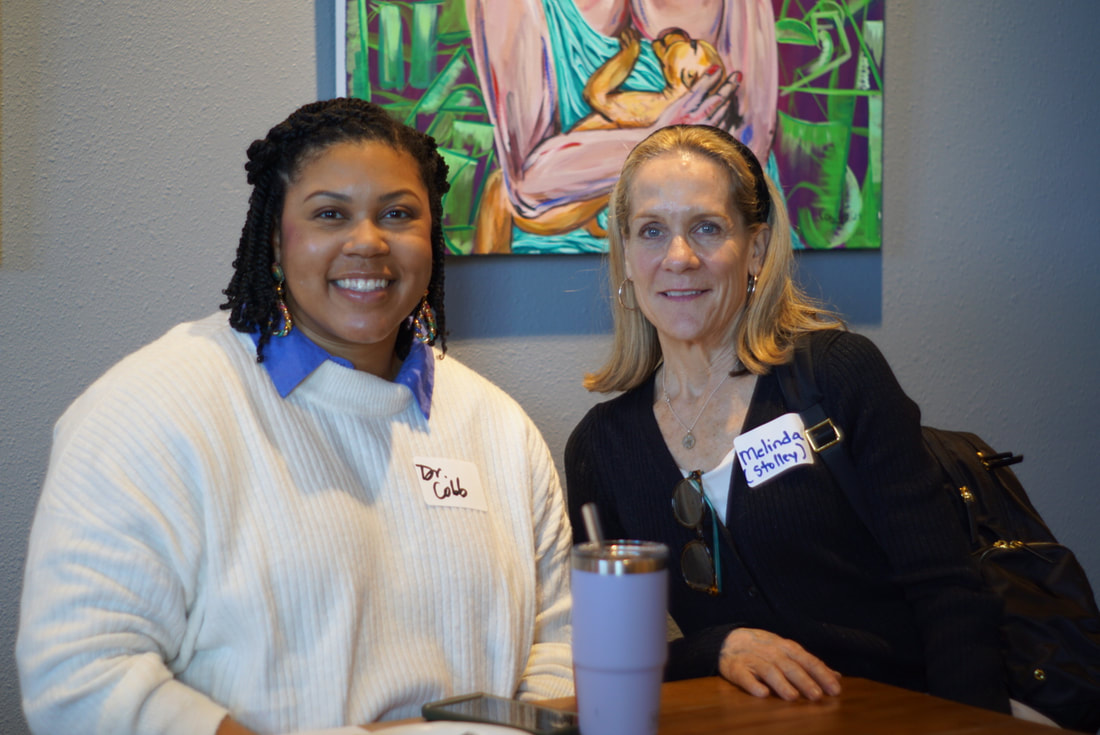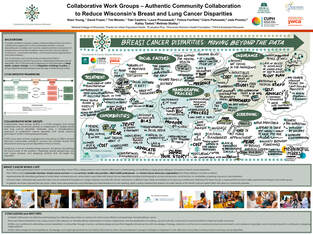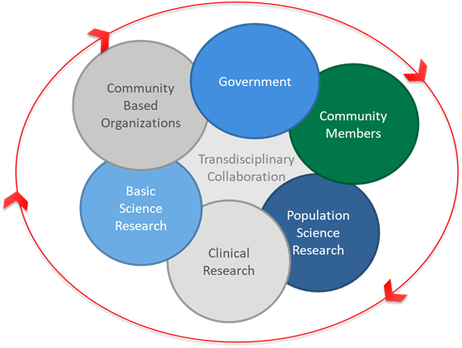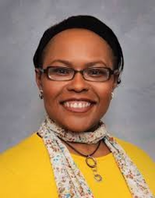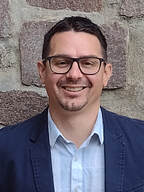Updates, Events, and News
Event: Breast Cancer World Café (5/9/2023) Click here for more info |
Collaborative Work Groups
One of CCSN's efforts, Collaborative Work Groups bring a broad
spectrum of perspectives together to focus on understanding and address
breast and lung cancer in a new way.
spectrum of perspectives together to focus on understanding and address
breast and lung cancer in a new way.
|
The causes of disparities in cancer outcomes have complex root causes and and often involve interactions between individual biology, behavioral risks, as well as the socio-cultural, physical, and political environments.
We believe that to effectively address cancer disparities, we need to look at the issue from many different perspectives including:
|
These diverse collaborative work groups rarely occur naturally, and this collaboration isn't often intuitive. We are helping to bridge different perspectives, creating meaningful interaction, and growing partnerships through transdisciplinary collaboration.
In transdisciplinary collaboration, teams learn from each other, develop a broader and deeper understanding of a problem, and are better equipped to create effective solutions.
In transdisciplinary collaboration, teams learn from each other, develop a broader and deeper understanding of a problem, and are better equipped to create effective solutions.
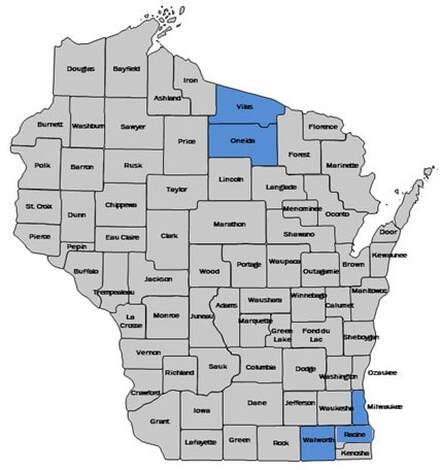
Collaborative Work Groups will be in urban and rural areas of the state, focused on specific topics associated with breast and lung cancer including:
- environment
- health care access and quality
- stress
- commercial tobacco use
Collaborative Work Group Leadership
David Frazer, MPH
|
Staci Young, PhD
|
Tim Meister, MA
Program Manager Medical College of Wisconsin
|
For more information on The Collaborative Work Groups Initiative, please contact Tim Meister, [email protected]
